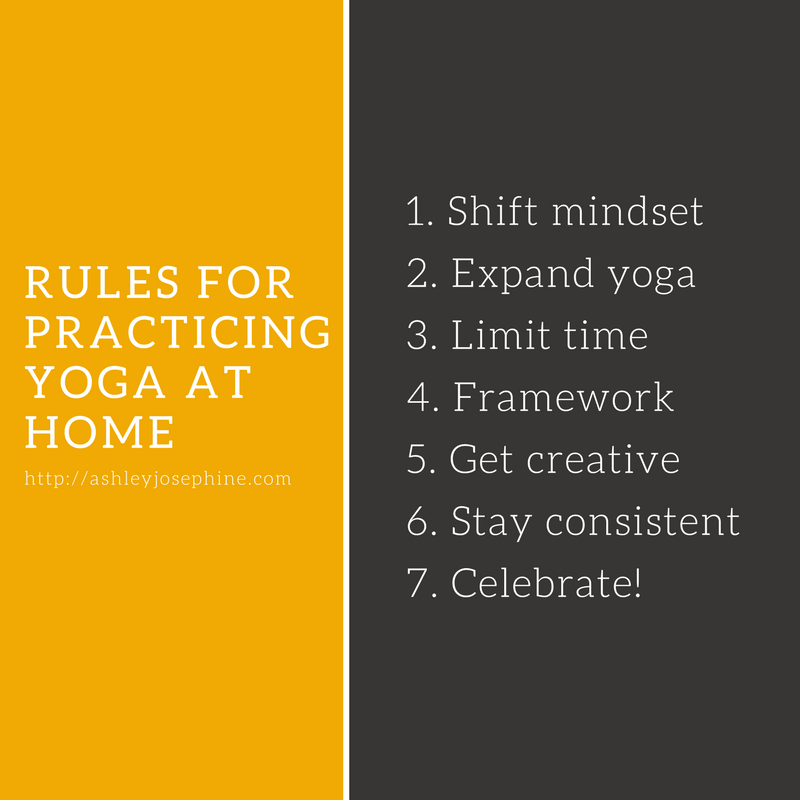Only 64% of people are able to keep their resolutions after one month, and only 46% stick to their intentions after six months, according to Statistic Brain (based on a study from the University of Scranton and published in the Journal of Clinical Psychology).
That’s about half. At first glance, that looks like a pretty good number, and it was higher then I thought it would be. But that still means that over half of the people who set intentions, goals, and resolutions at the beginning of the year fail.
The mind’s double standard
Failure is a tricky feeling. For many people, it brings up strong emotions including shame, disappointment, sadness, and anger. Failing often becomes an excuse of sorts to resume bad behaviors we were originally intending to change. Our mind’s rationalize that if we failed once, we must not be able to do it and maybe, for some strange reason, that original behavior is actually good for us. Our ego’s will do anything to continue an activity that at one time we convinced ourselves we liked.
Remember when we talked about willpower? It turns out the mind likes to play games with itself. Have you ever said that because you completed one activity, you’ll reward yourself with something else that you’ve been trying to steer clear of? All of the sudden you’re engaging in unhealthy behavior, but it’s okay because it’s a reward for doing something good. Or maybe something happened in your life and that suddenly becomes an excuse to go back to your old ways? If any of this sounds familiar, have no fear – it’s how the human brain operates!
It’s important to understand how we function so that we know we’re not failing. Instead of thinking about missed opportunities as failures, turn on some self-compassion and strengthen your resolve to do the right thing next time.
How to practice self-compassion
The best way to deal with failure is to practice self-compassion instead of feeling sorry for yourself.
Practicing self-compassion means saying nice things to yourself rather then beating yourself up about a wrong decision.
Practicing self-compassion means intentionally making well-informed decisions based on your awareness of where your body, mind, and soul are in any given moment.
Practicing self-compassion means getting up when you fall down and staying positive.
Practicing self-compassion means taking time to take care of yourself physically, mentally, and emotionally.
And practicing self-compassion means accepting you for who you are, with all your faults.
Fail with your entire being
Your faults don’t define you. They may be a part of you, but they are not who you are.
As we move through the more difficult times of transformation, when we start to get down on ourselves, or feel like we’re not making any progress, this is when we turn to self-compassion.
Failure is going to happen to all of us. We’ll all fail at something in our life. If we choose to brood over those moments rather then grow from them, we lose an opportunity to transcend our past.
Failure, hardship, and obstacles will make you stronger. It’s expected that you’ll fail. You get to choose how you take control, how you take care of yourself in those moments and whether or not you commit to growth or stagnation.
I have a little poster that my old boss gave to me. It has a picture of a flower on it with the words “Be gentle with yourself, you are growing.”
The elements of true strength
Real strength comes from a fine balance of surrender and effort. In order to strike that balance, we must know how to be compassionate with ourselves. Without compassion, we’re unable to open the channels to surrender to what is.
What is one example of how you’ve been compassionate with yourself in times of difficulty? Let me know over on the Facebook page!






